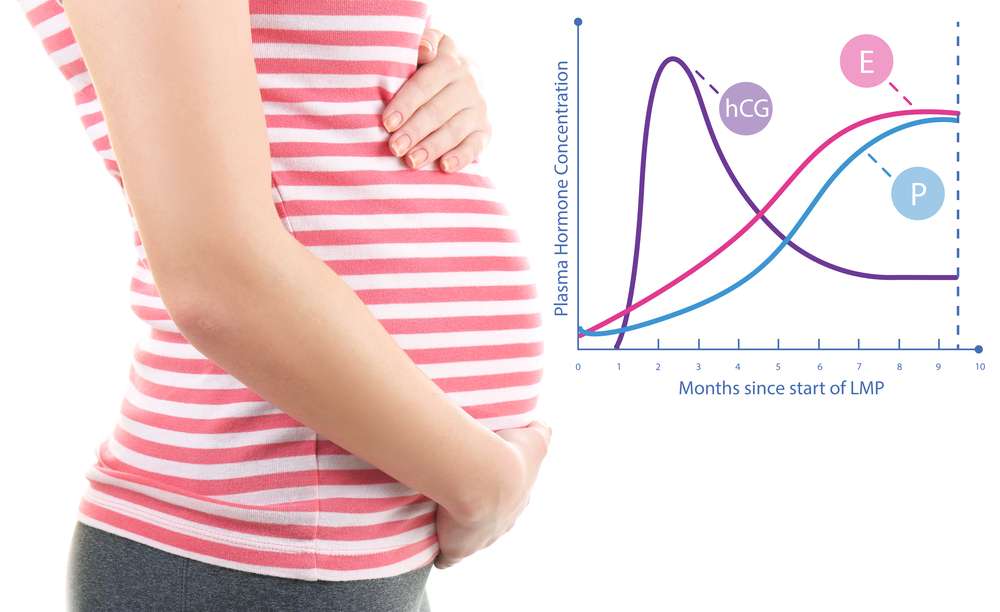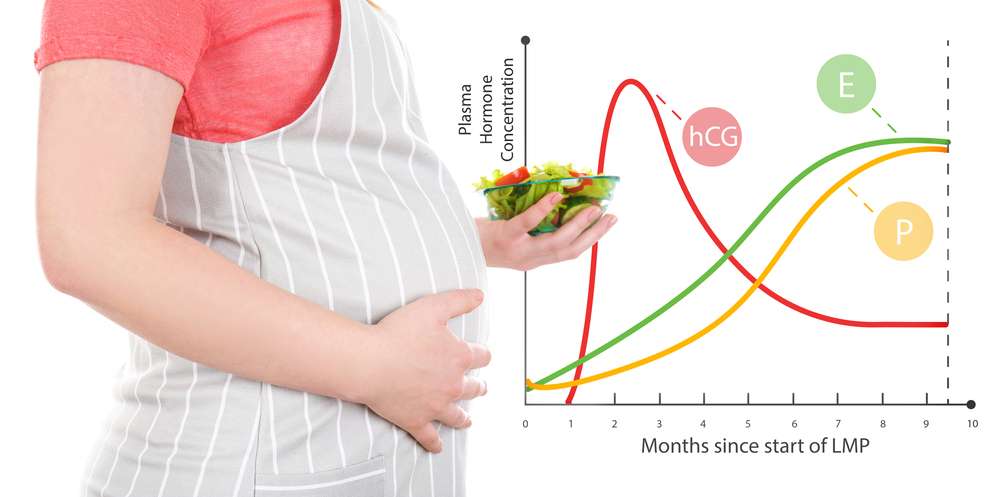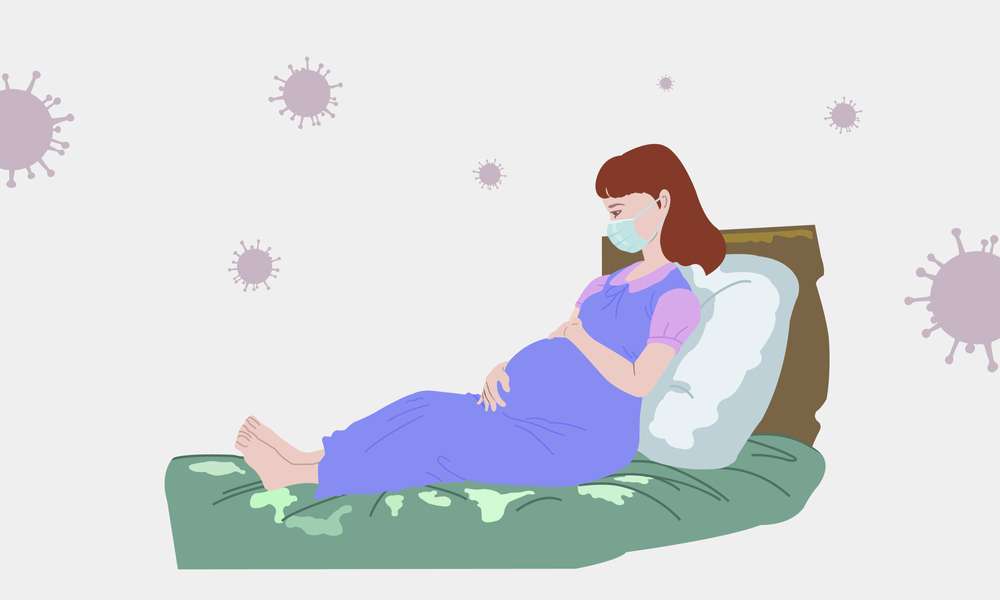HCG
Introduction:
The HCG diet has received a lot of attention and popularity in recent years because of its ability to help people lose weight. HCG, or Human Chorionic Gonadotropin, is a hormone produced spontaneously by the placenta during pregnancy. However, when combined with a low-calorie diet, some believe HCG has the ability to boost fat burning and reduce hunger. In this post, we will look into the complexities of the HCG diet, its mechanism of action, potential benefits, and considerations for people considering this weight loss method.
Understanding the HCG Hormone
What is HCG?
HCG is a glycoprotein hormone that the placenta spontaneously produces during pregnancy. Its primary function is to promote fetal growth by boosting the synthesis of other hormones such as estrogen and progesterone. HCG is essential for a healthy pregnancy and has been utilized as a medical treatment for specific reproductive disorders.
Weight Loss and HCG:
Dr. Albert T.W. Simeons, a British endocrinologist, proposed the link between HCG and weight loss in the 1950s. When paired with a low-calorie diet, HCG, according to his idea, can assist the body tap into resistant fat stores and lower hunger, resulting in dramatic weight loss. While there is continuous dispute and limited scientific evidence to back this claim, the HCG diet has a devoted following and is still used by many people who want to lose weight quickly.
HCG diet plan:
Phase 1:loading
The loading phase is the initial stage of the HCG diet. Individuals are recommended to consume high-calorie, high-fat foods for two days during this phase. This phase’s goal is to prepare the body for the next phase, in which calorie intake is severely lowered.
Phase 2:Calories restriction
Individuals begin taking HCG supplements or receiving injections in the second phase, generally known as the weight loss phase, while sticking to a rigorous low-calorie diet. Calorie consumption is often restricted to 500-800 calories per day, with only specific approved items permitted. The combination of HCG and calorie restriction is thought to stimulate fat mobilization and accelerate weight loss.
Phase 3: Adjustment
Individuals enter the stability phase after the weight loss phase. Caloric intake progressively increases throughout this stage, and a greater variety of foods are reintroduced into the diet. The goal of this phase is to maintain the weight loss from the previous phase while also establishing healthier eating habits for the long term.
Consideration and Potential benefits:
Rapid fat loss:
One possible advantage of the HCG diet is the capacity to stimulate quick weight loss. Because the body uses stored fat for energy, people who follow the regimen may see significant weight loss in a short period of time. It is crucial to remember, however, that the initial weight loss is frequently attributable to reduced calorie intake rather than the benefits of HCG.
Restriction of Appetite:
Another purported advantage of HCG is its ability to decrease hunger. HCG may help dieters stick to tight low-calorie limitations by targeting certain parts of the brain that govern appetite. It is important to note, however, that the scientific data supporting this claim is limited, and individual results may vary.
Consideration and potential risk:
While the HCG diet may appear appealing due to the promise of rapid weight loss, it is critical to examine its potential hazards. Extremely low-calorie diets, such as the HCG diet’s weight loss phase, can result in vitamin deficiencies, muscle loss, and a slowed metabolism. Furthermore, inappropriate use and dose of HCG pills can cause side effects like as headaches, exhaustion, mood swings, and blood clots.
Note:
As the HCG diet grows in popularity, it is critical to approach it with caution and an understanding of its possible benefits and drawbacks. While some people may have beneficial results, scientific evidence supporting the efficacy and safety of this dietary regimen is lacking. Before beginning the HCG diet or any weight loss journey, it is critical to speak with a healthcare practitioner to get tailored counsel and guidance. Remember that long-term weight loss is best done through a balanced approach that includes good food, frequent physical activity, and general lifestyle changes.
HCG in pregnancy:
Pregnancy is an exciting journey full of wonder and anticipation. As you embark on this beautiful journey, it is critical that you become acquainted with numerous parts of the process, including hCG levels. Human chorionic gonadotropin, or hCG, is an important hormone in pregnancy. In this post, we’ll go over all you need to know about hCG levels, from their importance during each week of pregnancy to their effects on your diet and overall health.
HCG pregnancy test:
Human chorionic gonadotropin (hCG) pregnancy tests are used to identify whether or not a woman is pregnant. The placenta produces hCG after a fertilized egg adheres to the uterine lining. Its levels dramatically rise during the early stages of pregnancy.
An hCG pregnancy test typically works as follows:
- Urine Examination: A urine test is the most popular type of hCG pregnancy test. Most drugstores sell home pregnancy test kits, or you can get one done at a healthcare provider’s office. To use a home test kit, you must normally collect a urine sample (the first urine of the day is usually advised because it contains the highest concentration of hCG).
- Dip or Apply Sample: You will either dip a test strip into the urine collected or apply a few drops to a predefined spot on the test gadget.
- Wait for Results: Follow the directions included with the test kit and wait for the test to develop (typically a few minutes).
- Reading the Outcomes: Following the waiting period, you will review the test results. Most pregnancy tests will yield one of two results:
- Positive: A positive result indicates that you are pregnant if the test identifies a sufficient level of hCG in your urine.
- Negative: If the test does not identify a substantial quantity of hCG, a negative result will be displayed, suggesting that you are not pregnant.
HCG levels in pregnancy:
The extraordinary hormone known as hCG is one of the most fascinating features of pregnancy. After implantation, the placenta produces hCG, which is essential for generating a proper environment for the developing embryo. hCG levels rise fast in the early stages of pregnancy, peaking around weeks 8-11. These levels steadily decline and remain stable during the second and third trimesters.
HCG levels by weeks in pregnancy:
Understanding how hCG levels fluctuate during pregnancy is critical. Here’s a breakdown of hCG levels throughout pregnancy by week:
- Weeks 4-5: hCG levels begin to grow during this early stage, typically ranging from 5-426 mIU/ml. Individual differences, however, are common.
- Weeks 5 and 6: hCG levels rise significantly, with a normal range of 18-7,340 mIU/ml. Keep in mind that women still exhibit variety.
- Weeks 6-7: hCG levels continue to grow, often ranging from 1,080-56,500 mIU/ml. However, keep in mind that there may be individual discrepancies.
- Weeks 7-8: At this point, hCG levels typically peak, ranging from 7,650 to 229,000 mIU/ml. Although this is a common range, each pregnancy is unique.
- Weeks 8-11: hCG levels start to stabilize, often ranging between 7,650 and 229,000 mIU/ml. Remember that these figures can still change depending on a variety of circumstances.
It’s crucial to note that these are only guidelines, and that individual hCG levels can vary depending on specific circumstances.
HCG diet in pregnancy:
The hCG diet has gained popularity as a weight management treatment in recent years; nonetheless, it is critical to address its implications during pregnancy. It is critical to recognize that following any restrictive diet while pregnant without proper medical care might endanger both the mother and the developing baby. As a result, it is strongly suggested not to try the hCG diet while pregnant.
hCG Levels Twins Chart by Week:
When expecting twins, hCG levels might reveal important information about your pregnancy. Here’s a chart that shows hCG levels for twin pregnancies by week:
- Weeks 4-5: Twin hCG levels range from 9-1,500 mIU/ml, with significant fluctuation likely.
- Weeks 5 and 6: Expect greater hCG levels, which normally range between 14 to 26,000 mIU/ml. Individual differences should be considered.
- Weeks 6-7: At this point, hCG levels in twins typically vary between 100 and 75,000 mIU/ml. However, keep in mind that every pregnancy is different.
- Weeks 7-8: Twins’ hCG levels may range from 3,000 to 160,000 mIU/ml. It is critical to remember that these values are prone to variation.
- Weeks 8-11: hCG levels in twins tend to stabilize, often decreasing between 32,000 and 210,000 mIU/ml. Individual differences, however, should be addressed.
This chart is intended to serve as a guide, but it is critical that you speak with your healthcare physician for an appropriate assessment of your specific circumstances.
How Long After Implantation Does hCG Rise?
The fertilized egg is implanted after the miracle of conception. hCG levels normally begin to rise within 10-14 days of implantation. It is crucial to note, however, that every woman’s biology is different, and hCG levels might fluctuate somewhat from person to person.
How Long Does It Take for hCG to Show Up in Urine?
To determine pregnancy, pregnancy tests rely on detecting hCG in urine. hCG is typically detectable in urine 10-14 days after pregnancy. However, keep in mind that the sensitivity of the pregnancy test may affect the time of the results. Lower hCG levels can be detected earlier in the pregnancy by using a highly sensitive test.
How to Increase hCG Levels in Early Pregnancy?
While directly increasing hCG levels is not possible, it is critical to focus on keeping a healthy and balanced lifestyle during early pregnancy. Prioritize a nutrient-dense diet rich in fruits and vegetables, lean meats, and whole grains. Staying hydrated and indulging in regular exercise can also help with general well-being.
What Does hCG Smell Like in Early Pregnancy?
hCG does not have a characteristic odor in early pregnancy. Rather than relying on detecting the smell of hCG, it is critical to do regular pregnancy tests or talk with your healthcare physician to confirm pregnancy.
What Happens if I Take hCG and Eat Normally?
Taking hCG injections or supplements while following a healthy diet is unlikely to yield substantial results. It’s vital to remember that hCG isn’t approved for weight loss and should only be used under medical care for conditions unrelated to diet or weight control.
When Does hCG Stop Doubling?
hCG levels normally double every 48-72 hours during the early stages of pregnancy. These doubling times, however, increasingly rise as the pregnancy proceeds. By 8-11 weeks of pregnancy, hCG levels have stabilized and the doubling rate may have slowed.
Conclusion:
Understanding hCG levels throughout pregnancy is critical for expecting mothers. These levels provide important information about the course of the pregnancy, the likelihood of twins, and overall health. Throughout your lovely journey, remember to speak with your healthcare provider for tailored counsel and accurate assessments. Accept the magic of pregnancy, understanding that your body is created to nurture and assist the development of new life.




